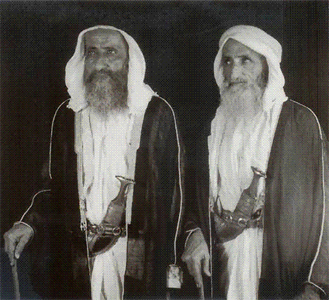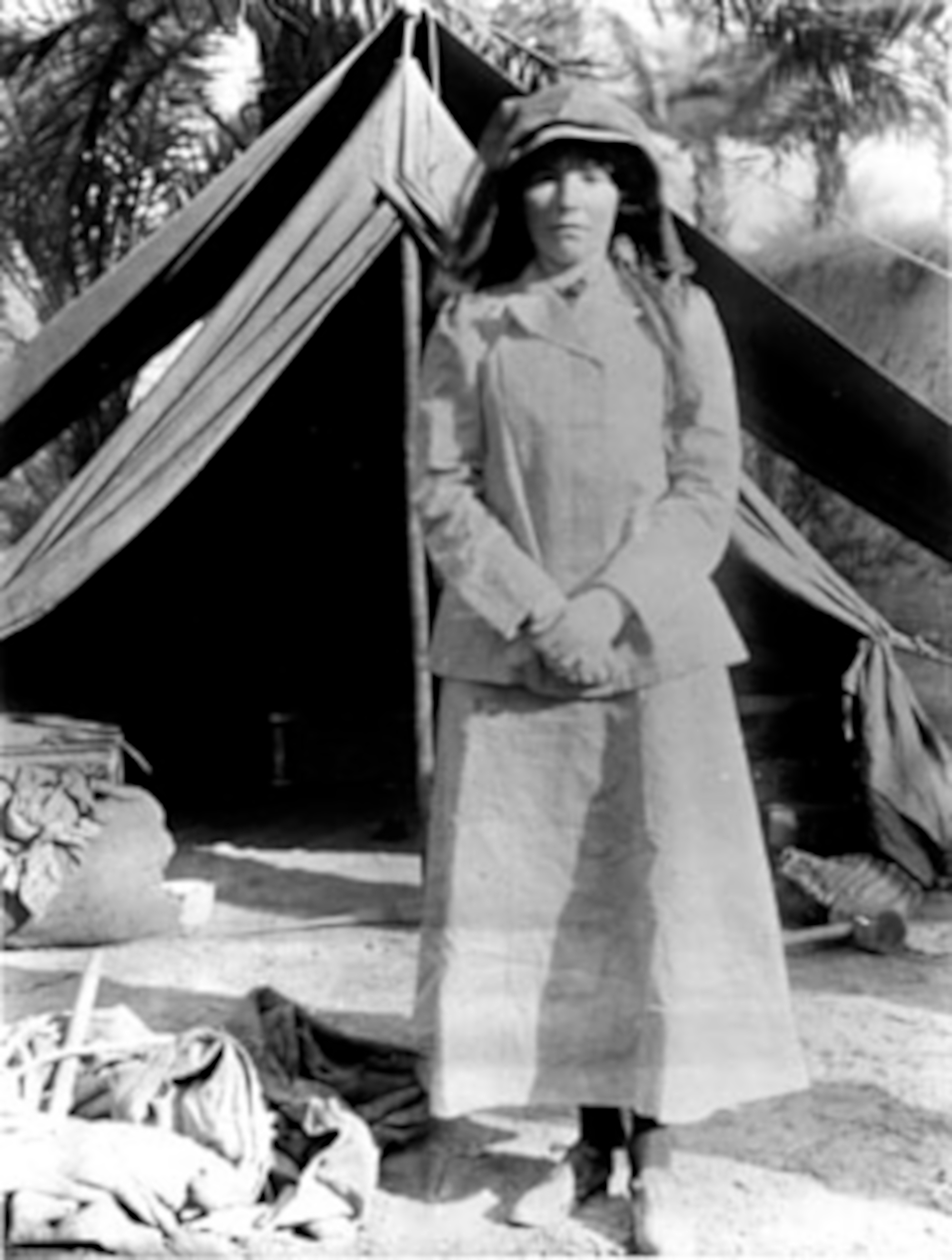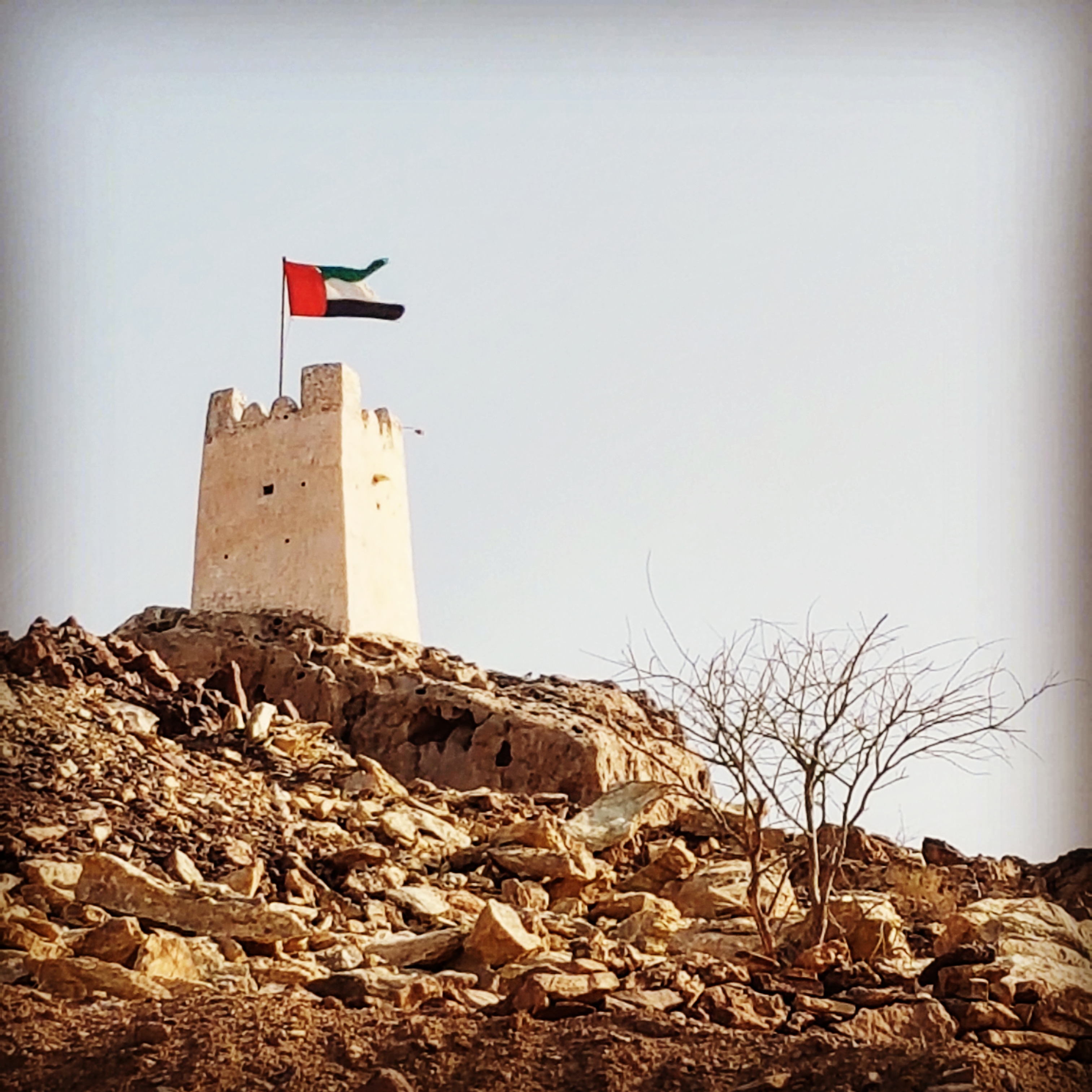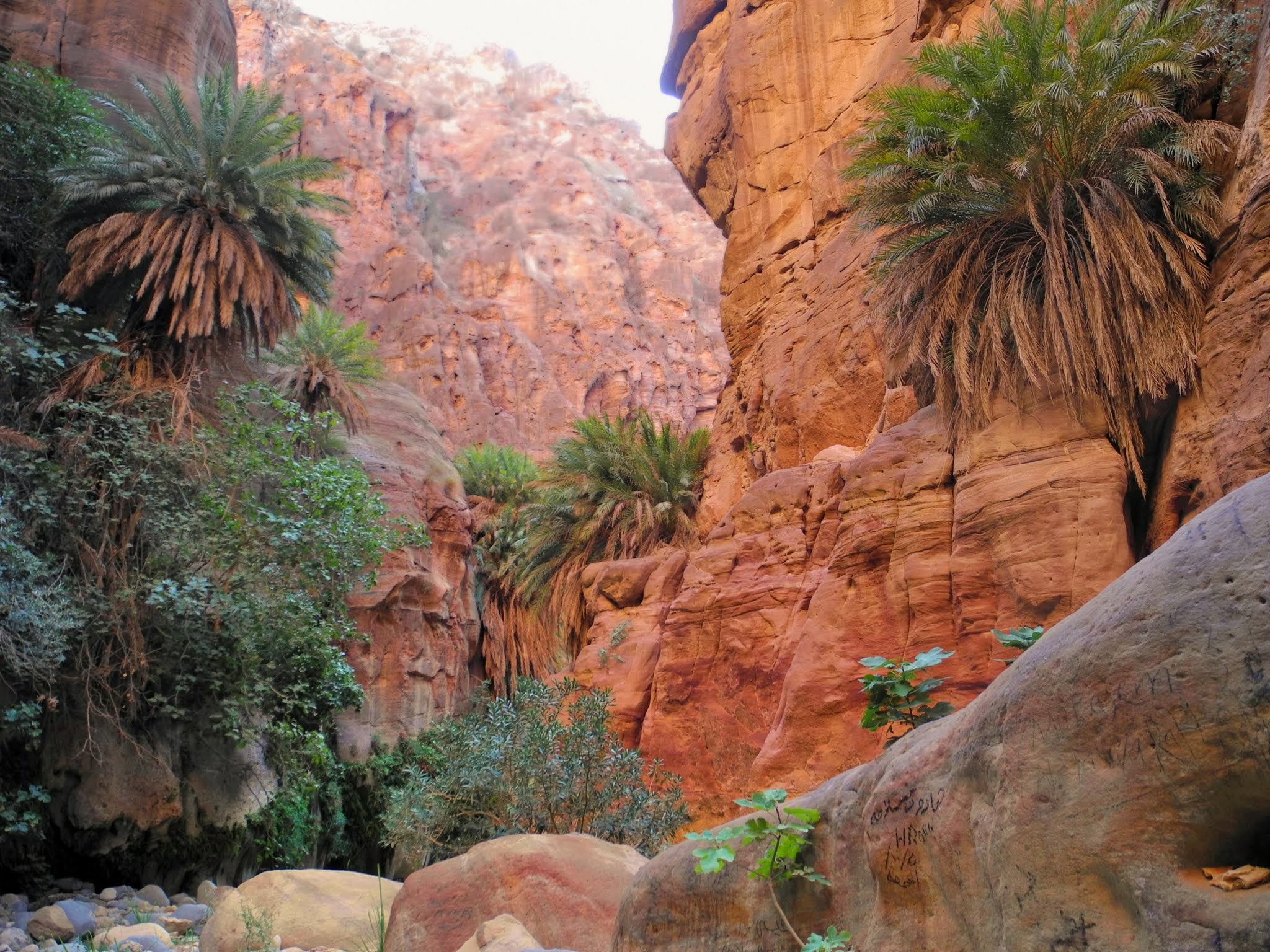|
Abdulaziz Bin Humaid Al Nuaimi
Abdulaziz bin Humaid Al Nuaimi was Ruler of Ajman, one of the Trucial States, which today form the United Arab Emirates (UAE), from 1900–1910. He steered Ajman through a period in which tribal conflicts triggered instability throughout the coast but was to ultimately meet the fate he had himself engineered for his predecessor. Coup In 1900, following a coup in which Abdulaziz' nephew, Humaid bin Rashid Al Nuaimi II was murdered, Abdulaziz took power with popular support. He wrote to the British Resident at Bushehr, confirming his accession and his agreement to abide by all of the treaties between his predecessors and the British. He also moved to ensure that British subjects resident in Ajman were assured of their safety and that of their interests. A close friend of Saqr bin Khalid Al Qasimi, Sheikh Abzulaziz travelled to Sharjah to attend the Curzon's Viceregal Darbar of Curzon on 21 November 1903. Abdulaziz was present at the first formal meeting of the Sheikhs of the ... [...More Info...] [...Related Items...] OR: [Wikipedia] [Google] [Baidu] |
Sheikh
Sheikh (pronounced or ; ar, شيخ ' , mostly pronounced , plural ' )—also transliterated sheekh, sheyikh, shaykh, shayk, shekh, shaik and Shaikh, shak—is an honorific title in the Arabic language. It commonly designates a chief of a tribe or a royal family member in Arabian countries, in some countries it is also given to those of great knowledge in religious affairs as a surname by a prestige religious leader from a chain of Sufi scholars. It is also commonly used to refer to a Muslim religious scholar. It is also used as an honorary title by people claiming to be descended from Hasan ibn Ali and Husayn ibn Ali both patrilineal and matrilineal who are grandsons of the Islamic prophet Muhammad. The term is literally translated to "Elder" (is also translated to "Lord/ Master" in a monarchical context). The word 'sheikh' is mentioned in the 23rd verse of Surah Al-Qasas in the Quran. Etymology and meaning The word in Arabic stems from a triliteral root connected wit ... [...More Info...] [...Related Items...] OR: [Wikipedia] [Google] [Baidu] |
Rashid Bin Ahmad Al Mualla
Sheikh Rashid bin Ahmad Al Mualla (1876–1922, ar, شيخ راشد بن أحمد المعلا) was the Ruler of Umm Al Quwain from 1904–1922, one of the Trucial States and today one of the seven emirates forming the United Arab Emirates (UAE). He gained influence over the tribes of the interior at the expense of the pre-eminent Trucial Ruler of the time, Sheikh Zayed bin Khalifa Al Nahyan. Accession He acceded on 13 June 1904 following the death of his father, Sheikh Ahmad bin Abdulla Al Mualla. He wrote to the British Political Resident in September of that year, affirming his accession and accepting the treaty obligations entered into by his forebears. Soon after acceding, he married a daughter of the Ruler of Ajman – his Uncle (on his mother's side). Warring tribes Rashid bin Ahmed was an astute politician and embarked on a campaign to enhance his influence among the Bedouin tribes, particularly the powerful Bani Qitab. This led, in 1905, to his involvement in a ... [...More Info...] [...Related Items...] OR: [Wikipedia] [Google] [Baidu] |
Sheikhs Of The Emirate Of Ajman
Sheikh (pronounced or ; ar, شيخ ' , mostly pronounced , plural ' )—also transliterated sheekh, sheyikh, shaykh, shayk, shekh, shaik and Shaikh, shak—is an honorific title in the Arabic language. It commonly designates a chief of a tribe or a royal family member in Arabian countries, in some countries it is also given to those of great knowledge in religious affairs as a surname by a prestige religious leader from a chain of Sufi scholars. It is also commonly used to refer to a Muslim religious scholar. It is also used as an honorary title by people claiming to be descended from Hasan ibn Ali and Husayn ibn Ali both patrilineal and matrilineal who are grandsons of the Islamic prophet Muhammad. The term is literally translated to "Elder" (is also translated to "Lord/Master" in a monarchical context). The word 'sheikh' is mentioned in the 23rd verse of Surah Al-Qasas in the Quran. Etymology and meaning The word in Arabic stems from a triliteral root connected with ag ... [...More Info...] [...Related Items...] OR: [Wikipedia] [Google] [Baidu] |
1910 Deaths
Year 191 ( CXCI) was a common year starting on Friday (link will display the full calendar) of the Julian calendar. At the time, it was known as the Year of the Consulship of Apronianus and Bradua (or, less frequently, year 944 ''Ab urbe condita''). The denomination 191 for this year has been used since the early medieval period, when the Anno Domini calendar era became the prevalent method in Europe for naming years. Events By place Parthia * King Vologases IV of Parthia dies after a 44-year reign, and is succeeded by his son Vologases V. China * A coalition of Chinese warlords from the east of Hangu Pass launches a punitive campaign against the warlord Dong Zhuo, who seized control of the central government in 189, and held the figurehead Emperor Xian hostage. After suffering some defeats against the coalition forces, Dong Zhuo forcefully relocates the imperial capital from Luoyang to Chang'an. Before leaving, Dong Zhuo orders his troops to loot the tombs of t ... [...More Info...] [...Related Items...] OR: [Wikipedia] [Google] [Baidu] |
Percy Cox
Major-General Sir Percy Zachariah Cox (20 November 1864 – 20 February 1937) was a British Indian Army officer and Colonial Office administrator in the Middle East. He was one of the major figures in the creation of the current Middle East. Family and early life Cox was born in Harwood Hall, Herongate, Essex, one of seven children born to Julienne Emily ( Saunders) Cox and cricketer Arthur Zachariah Cox ( Button). He was educated initially at Harrow School where he developed interests in natural history, geography, and travel. In February 1884, being his father's third son and therefore without significant inheritance, Cox joined the Royal Military College, Sandhurst, and was commissioned as a Lieutenant into the Cameronians, joining their 2nd Battalion in India. In November 1889, an outstanding planner, he transferred to the Bengal Staff Corps. On 14 November 1889 he married Louisa Belle, youngest daughter of Irish-born surgeon-general John Butler Hamilton. British Soma ... [...More Info...] [...Related Items...] OR: [Wikipedia] [Google] [Baidu] |
Al Zorah
Al Zorah is a coastal suburb of Ajman, United Arab Emirates (UAE), situated on the northern border of Ajman and Sharjah, between Ajman and Hamriyah. It is the location of the Al Zorah mixed use luxury development, which comprises housing and leisure developments, including the Al Zorah Golf Club, the Oberoi Beach Resort Al Zorah, and the Lux Al Zorah (slated to open 2021). It is also the site of Al Zorah Nature reserve, which is home to some 60 species of bird including pink flamingo, egret and heron. History Originally an uninhabited sandy island surrounded by mangrove swamps, Al Zorah was disputed when, in 1866, Khalid bin Sultan Al Qasimi of Sharjah, supported by Sheikh Rashid bin Humaid Al Nuaimi II of Ajman and with the financial assistance of the Wahhabi agent, Turki bin Ahmed Al Sudairi, erected a fort there. As the development 'threatened the peace of the coast' according to the British, it was bombarded by the British ship HMS ''Highflyer''. In 1895, Sheikh Zayed bin ... [...More Info...] [...Related Items...] OR: [Wikipedia] [Google] [Baidu] |
Al Buraimi Governorate
Al Buraimi Governorate ( ar, مُحَافَظَة ٱلْبُرَيْمِي, Muḥāfaẓat Al-Buraimī) is one of the 11 governorates of Oman which was split from the Ad Dhahirah Region. Until October 2006, the area was part of Ad Dhahirah Region. At this time, the new governorate was created from the Wilayats (Provinces) of Al Buraymi and Mahdah. A third wilayat, As-Sunaynah, was created from parts of the two. The town of Al-Buraimi is an oasis town in northwestern Oman, on the border of the United Arab Emirates. An adjacent city on the UAE's side of the border is Al Ain. Both settlements are part of the historical region of Tawam or Al-Buraimi Oasis. For many decades, there had been an open border between Al-Buraimi located in Oman and Al-Ain. Effective from 16 September 2006, this border has been relocated to an area around Hilli which is around from the traditional open border. The traditional border near Al-Ain City is now closed to all except to those with valid visas ... [...More Info...] [...Related Items...] OR: [Wikipedia] [Google] [Baidu] |
Na'im
The Na'im () (singular Al Nuaimi ) is an Arab tribe in the United Arab Emirates. The tribe is also present in other gulf countries. The Na'im is divided into three sections, the Al Bu Kharaiban, the Khawatir and the Al Bu Shamis (singular Al Shamsi). It is from the former section that the current Rulers of the Emirate of Ajman are drawn. Of the three sections, the Al Bu Shamis has become virtually independent and associated closely with the Al Bu Falasa of Dubai. The traditional heart of Na'im territory was the oasis town of Buraimi and nearby Al Ain, where Na'im expansion came at the expense of the Dhawahir tribe, but also rubbed up against the Bani Yas and the allied Manasir. Although the Na'im were linked to the growing Wahhabi influence in the Buraimi area and adopted the doctrine, they allied with other forces to evict the Wahhabis from Buraimi and subsequently occupied many of the forts around Buraimi. Origins In 1818, according to the 'British Assistant Political Ag ... [...More Info...] [...Related Items...] OR: [Wikipedia] [Google] [Baidu] |
Oman
Oman ( ; ar, عُمَان ' ), officially the Sultanate of Oman ( ar, سلْطنةُ عُمان ), is an Arabian country located in southwestern Asia. It is situated on the southeastern coast of the Arabian Peninsula, and spans the mouth of the Persian Gulf. Oman shares land borders with Saudi Arabia, the United Arab Emirates, and Yemen, while sharing maritime borders with Iran and Pakistan. The coast is formed by the Arabian Sea on the southeast, and the Gulf of Oman on the northeast. The Madha and Musandam exclaves are surrounded by the United Arab Emirates on their land borders, with the Strait of Hormuz (which it shares with Iran) and the Gulf of Oman forming Musandam's coastal boundaries. Muscat is the nation's capital and largest city. From the 17th century, the Omani Sultanate was an empire, vying with the Portuguese and British empires for influence in the Persian Gulf and Indian Ocean. At its peak in the 19th century, Omani influence and control extended across ... [...More Info...] [...Related Items...] OR: [Wikipedia] [Google] [Baidu] |
Wadi
Wadi ( ar, وَادِي, wādī), alternatively ''wād'' ( ar, وَاد), North African Arabic Oued, is the Arabic term traditionally referring to a valley. In some instances, it may refer to a wet (ephemeral) riverbed that contains water only when heavy rain occurs. Etymology The term ' is very widely found in Arabic toponyms. Some Spanish toponyms are derived from Andalusian Arabic where ' was used to mean a permanent river, for example: Guadalcanal from ''wādī al-qanāl'' ( ar, وَادِي الْقَنَال, "river of refreshment stalls"), Guadalajara from ''wādī al-ḥijārah'' ( ar, وَادِي الْحِجَارَة, "river of stones"), or Guadalquivir, from ''al-wādī al-kabīr'' ( ar, اَلْوَادِي الْكَبِير, "the great river"). General morphology and processes Wadis are located on gently sloping, nearly flat parts of deserts; commonly they begin on the distal portions of alluvial fans and extend to inland sabkhas or dry lakes. In bas ... [...More Info...] [...Related Items...] OR: [Wikipedia] [Google] [Baidu] |





